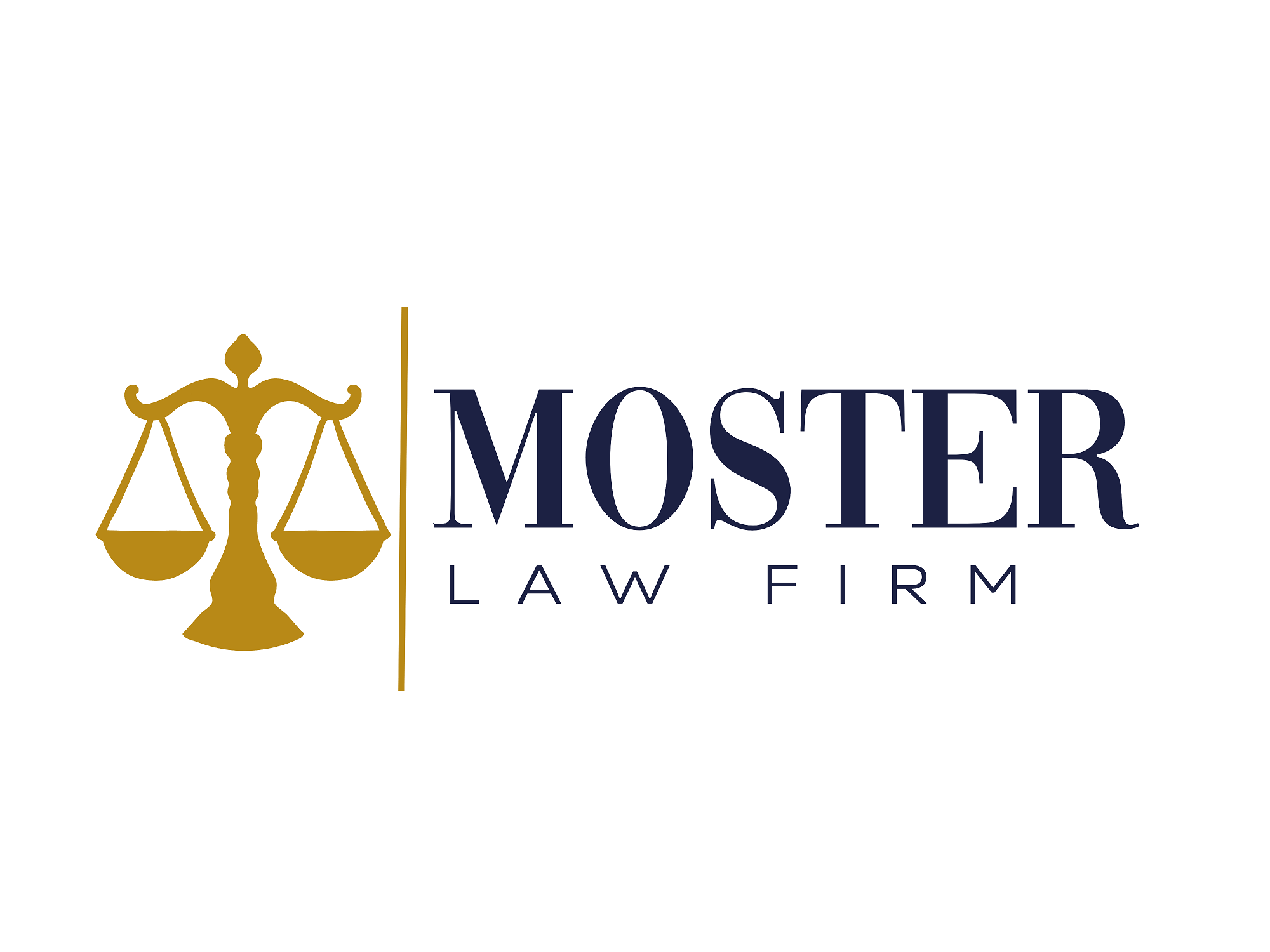What is Arbitration and how does this affect my Lawsuit? A Dallas Arbitration Attorney has all the Answers.
Your attorney suddenly tells you that your excellent legal case has been thrown out of court and has to be brought before an arbitrator. The clients’ usual reaction is befuddlement followed by the following:
“What does arbitration mean and how could this have happened?”
As a Dallas Arbitration Attorney with over 37 years of experience, here are the key questions which are typically asked by my clients:
1. Arbitration is just like going before a court and judge.
Arbitration is the same process, more or less, of going before a public court but is conducted in a private setting. What this means is that your case must be brought before a designated private judicial service which acts in the role of a judge and is binding. The arbitrator has all of the power of an actual judge and is authorized to enter a final opinion and decision in your case.
2. Why go before an arbitrator and not a regular judge?
Good question!
The typical answer is because you don’t have a choice. The contracts that clients enter into often have provisions which require mandatory arbitration in the event of a dispute or litigation. These provisions are absolutely enforceable under Texas and U.S. law and must be followed. Lawyers over the years have come up with different ways to attack these provisions. None of these efforts have been successful!
3. Is the arbitration procedure the same as regular court?
Not always. The idea behind arbitration is usually to set up a more informal process with relaxed rules of evidence. The goal is to expedite the legal process with a more streamlined approach which is faster and cost effective.
4. Can you get a jury trial before an arbitrator?
No. Simple answer.
5. Can you appeal an arbitrator’s decision which goes bad?
See above! The arbitrator’s decision is final, which is often baffling to attorneys and clients. This is contrary to legal practice in a public court where the losing party always has a right to appeal, assuming they have a reasonable basis to do so!
6. How does the arbitration process start?
Very much like a regular court proceeding. Your lawyer will file a lawsuit or petition before the designated arbitration service. The two largest arbitration services are the American Arbitration Association (AAA) and JAMS. Both are very good; however, I recommend JAMS as the filing fee is much lower for clients than the AAA.
7. How quickly does the arbitration process start once the petition is filed?
Generally, very fast. Once the petition is filed, your opponent is served and has a set time to file a response or answer. The timeline is set forth by the arbitration service which is selected.
8. How quickly can an arbitration case be resolved?
It should be much faster than traditional litigation, but lawyers can delay it, unfortunately. An experienced Dallas Arbitration Attorney will take the lead from the very beginning by setting fast deadlines for key events and the trial date.
9. What are the biggest mistakes clients and lawyers make in arbitration?
Hate to say this but… not being aware that they are required to arbitrate a case! These provisions are often stuck in the relatively small (but bolded) print somewhere near the bottom of a contract. If the lawyer misses this and files in a public court, the other side can move to kill the filing – otherwise known as an “abatement” and force the attorney to refile before an arbitrator.
Arbitration is often required in contracts governing the resolution of disputes. As a client, it is essential that you understand what arbitration means and its effect on your rights should litigation be required. If it concerns you, make sure you strike this provision in the negotiation process. You cannot do that later!
At the Moster Law Firm, we have extensive experience as Dallas Arbitration Attorneys.
Give us a call for a complimentary consultation.


